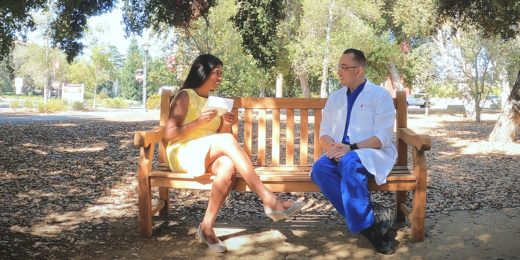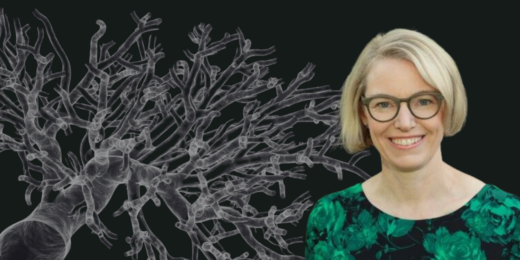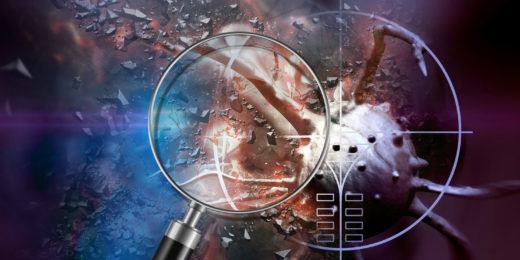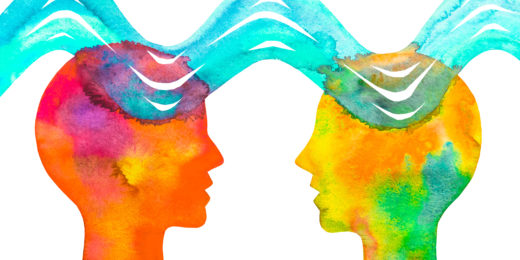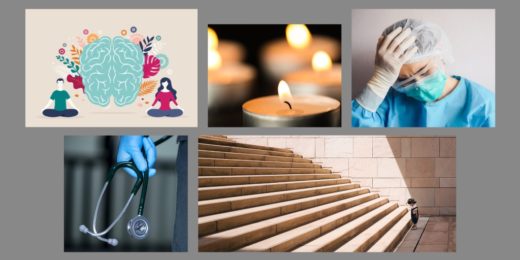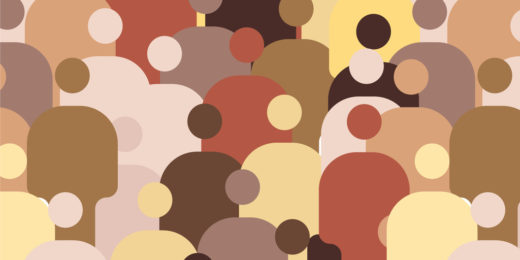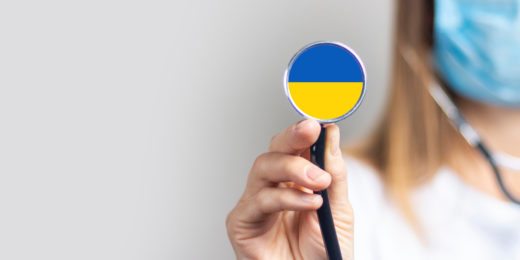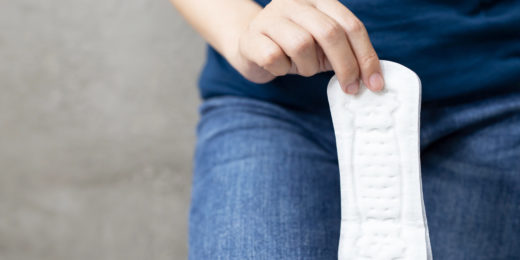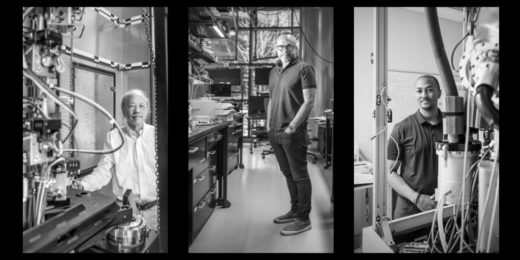In the Heartbeats and Hiccups video series we explore passions and pivots through a conversation on the defining moments of our careers.
Month: September 2022
Unconventional Paths: Sneaky submarines and super surgeries
Bioengineer Alison Marsden uses computer modeling skills honed on submarines to help surgeons plan the best repairs for babies' hearts.
Cancer-detecting wearable may offer better way to monitor tumors
Researchers from Stanford have developed a wearable sensor to monitor the size of tumors, which could assist new cancer drug evaluations.
Do synchronized brains predict happy marriages?
Researchers found that couples who share similar brain activity while watching movie scenes about marriage report happier relationships.
Finding patterns of success across 50 years of innovation
Researchers conducted a study to look back at 50 years of innovation, tracking how trends in technology have changed.
Addressing mental health struggles among health care workers
Tait Shanafelt discusses physician suicide as a national crisis, and how to support health care workers' mental health.
Training physicians and algorithms in dermatology diversity
Researchers are addressing bias in algorithms that detect dermatology diseases by adding more diverse skin tone images to data sets.
Delivering free (tele)health care to Ukrainians
Students and physicians at Stanford created a program called Telehelp Ukraine to serve health care needs of those in Ukraine.
Molecular makeover makes wimpy antibody a SARS-CoV-2 tackler
By harnessing an antibody most overlooked, researchers devise a new possible way to stop viruses, even as they evolve.
Pap smears, be gone? Using menstrual blood to detect HPV
Researchers have created a menstrual pad that can passively help detect HPV, potentially offering a screening method other than pap smears.
Molecular movie maker
Researchers are harnessing an imaging technique called cryogenic electron microscopy to design drugs and better understand disease.


